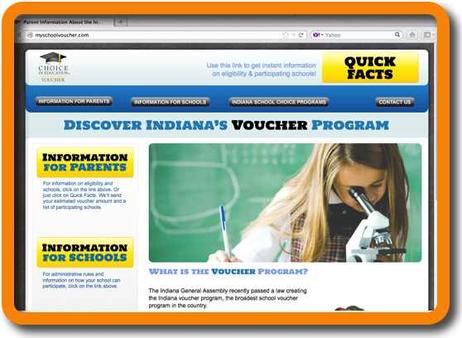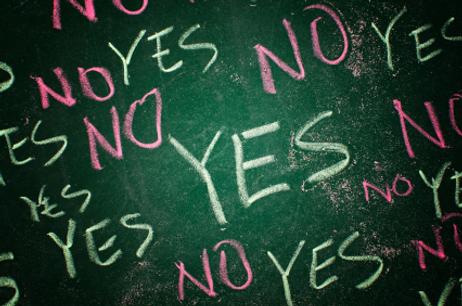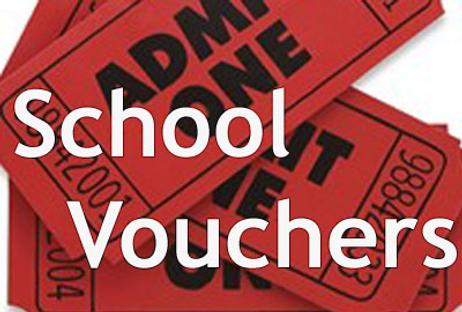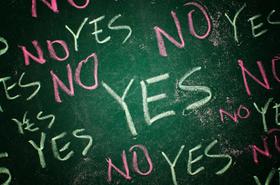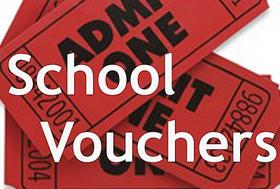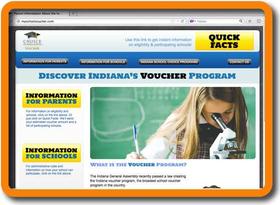Voucher programs have become a hot topic of debate at school districts across the country, but Indiana is one of the first states to truly see firsthand how a voucher program can impact the scope of public and private school. This state is home to the most expansive voucher program in the nation, with more than 250 religious or private schools currently approved for the program. While more than 3,000 students statewide are expected to reap the benefits of the Indiana voucher program this year, not everyone is thrilled with the idea of taking tax dollars out of public schools to fund private education. With two sides to this hot-button issue, we’ll explore the full realm of state voucher programs, including how this particular program is changing the face of public and private education in Indiana.
Details of the Voucher Program
According to a recent report at , the Indiana voucher program passed the state legislature in the spring of this year, and since that time, around 250 private and religious schools have been approved by the state to participate in the program. This means that approved schools can admit students on scholarship, based on the family’s income levels. Scholarship money comes from the tax dollars that would normally be spent on public schooling. The equivalent of the per-pupil tax dollars goes directly to the family to be used to pay tuition and fees at the approved private school of the family’s choice,

